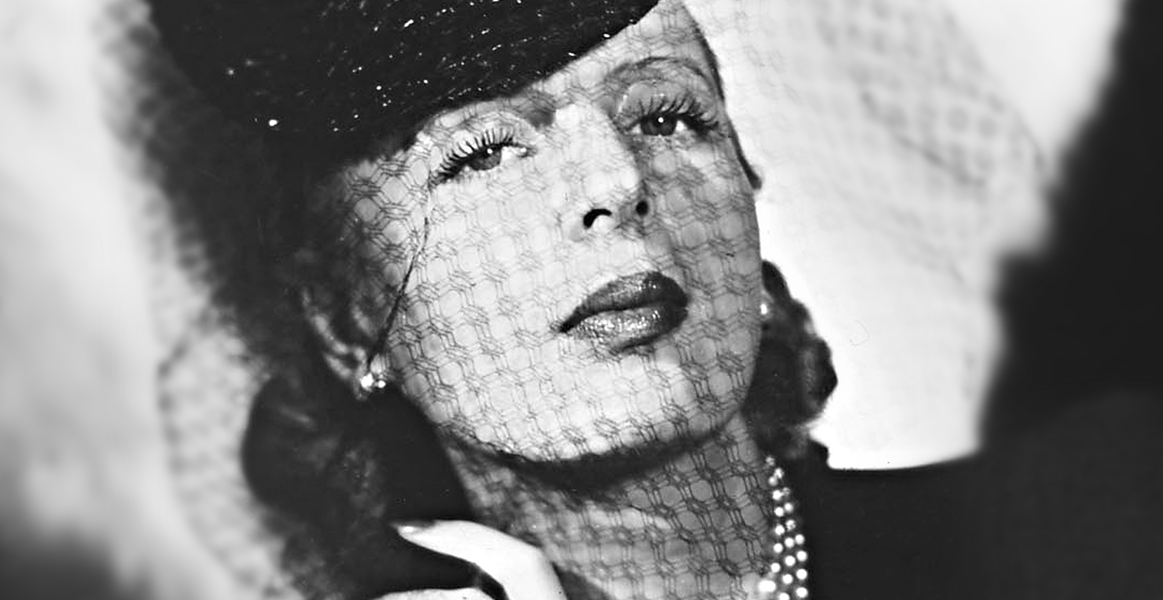Artistic Director Christopher Ashley hit the nail squarely on the head when he compared our current climate of “upheaval” to the era in which La Jolla Playhouse’s latest show, Lempicka, is set. He juxtaposed “Russia’s war of aggression on Ukraine, and our own domestic threats to LGBTQ+ rights and women’s control over their bodies” to the chaotic period spanning the Russian Revolution through World War II. The musical boldly tackles all of these issues while introducing many of us to a heroic female artist who refused to live her life in a chiaroscuro existence. Tamara de Lempicka evolves from the shadows, unapologetically into the light.
The play, written by Carson Kreitzer and Matt Gould, both Jewish, was written to honor a woman who “challenge(d) the dominant order.” Her survival through the Russian Revolution, a rape, reinventing herself in Parisian society, and supporting her family with her portraits and connections, captivated and inspired the writers, and bade them set the piece to music. Once the script and songs were conjoined, the brilliant choreography of Raja Feather Kelly elevated the production to Broadway-bound status under the direction of Rachel Chavkin.
The innovative set opens in 1975, Los Angeles with Lempicka (Eden Espinoza) bemoaning her sense of being washed up and unseen. It seems no one realizes that she was an icon and a catalyst in so many social movements for women of the twentieth century. Then, we are taken back to 1917, when the czar and the aristocrats are deposed. As the Bolsheviks take charge, Lempicki (Andrew Samonsky), Tamara’s husband, is jailed. The young, terrified wife is desperate to get her husband released. She capitulates and after giving away her diamonds, surrenders her virtue. “Scratch an aristocrat, find a whore” smirks her attacker. The Lempickis flee to Paris.
 Once safely settled in France, the young wife and mother take to the streets to find work. She meets a Jewish baron and baroness (Victor Chan and Jacquelyn Ritz) who befriend her and become her patrons. This fortuitous connection leads Tamara de Lempicki to Beaux Arts where she is mentored by the sarcastic and taciturn Marinetti (George Abud). He is critical, but his tough love pays off, and his comments allow the portrait artist to plumb the depths of revealing a real woman on canvas. With his encouragement, Tamara de Lempicki meets her muse at a gay bar. Rafaela (Amber Iman), a prostitute, encourages the artist to explore her own needs, wants and passions. It is at this point that our artist begins to sign her paintings with her own name, Lempicka.
Once safely settled in France, the young wife and mother take to the streets to find work. She meets a Jewish baron and baroness (Victor Chan and Jacquelyn Ritz) who befriend her and become her patrons. This fortuitous connection leads Tamara de Lempicki to Beaux Arts where she is mentored by the sarcastic and taciturn Marinetti (George Abud). He is critical, but his tough love pays off, and his comments allow the portrait artist to plumb the depths of revealing a real woman on canvas. With his encouragement, Tamara de Lempicki meets her muse at a gay bar. Rafaela (Amber Iman), a prostitute, encourages the artist to explore her own needs, wants and passions. It is at this point that our artist begins to sign her paintings with her own name, Lempicka.
As her fame grows, so does her appetite for life. Tamara de Lempicka asks, “Why shouldn’t I have all I desire in all directions?” The Baroness cautions her that “outsiders” pay the price, and while Lempicka is not a Jew (her father was Jewish, but her mother was not), as a lesbian she is a target of the growing Nazi machine.
Lempicka’s daughter, Kisette (Jordan Tyson) has been trundled off to boarding school and resents her mother’s dismissal of her and the presence of Rafaela. When she returns from school, she pulls no punches and intentionally creates chaos. Husband and wife split up, and Rafaela withdrew. Once more, Lempicka sees a bit too late, the writing on the wall.
Ending her life where the play began, we see Tamara de Lempicka attended by her grown daughter on a bench in LA complaining that it’s a “bitch to outlive your own context.”
While the conclusion may sound sad, audiences will likely leave with the optimism that change and growth are possible. Even though the 1930s and 40s were challenging, we rebounded. Perhaps we can look forward to the same in the 2030s!
Tickets may be purchased at LaJollaPlayhouse.org or by phone at 858.550.1010.
Republished from San Diego Jewish World


























